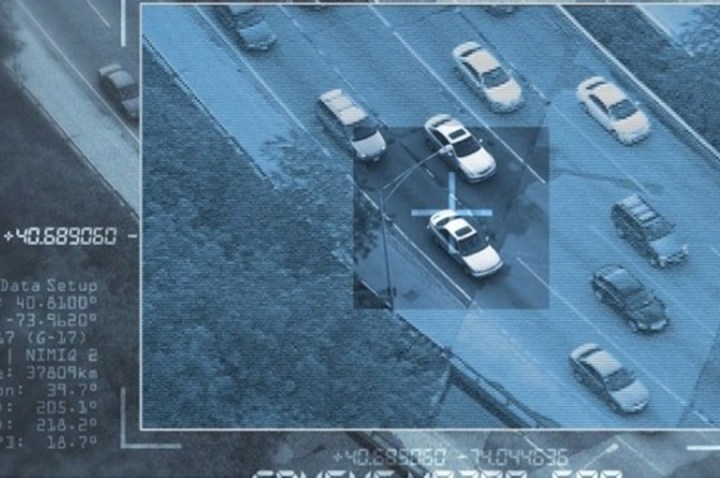
In 2015, a team demonstrated the ability to hack into, then remotely control and shut down a Jeep Cherokee. In recent years, concern has been increasing over the potential threats to our ever-more-connected cars. Argus, an Isreali firm with offices in Michigan, Silicon Valley, Tokyo, and Stuttgart, Germany, has been building automotive cybersecurity systems since 2013. Argus’ products and services are used by car manufacturers, component suppliers, aftermarket device providers, and fleet operators.
Argus is now making public its six-layer suite of vehicle security products. The various layers protect vehicle infotainment and telematics systems, in-vehicle networks, and selected vehicle electronic control units for critical systems such as brakes and cruise control. The company also provides ongoing data and threat analysis for fleets and brands, aftermarket device security and protection against attacks, and advisory services for testing, analysis, vulnerability assessments, and incident response.
Most of these systems and features are provided directly to vehicle manufacturers and component suppliers. You won’t even be aware of them. Aftermarket connectivity products could be the exception if you are involved with setup, security dongles, or other measures. Blissful unawareness is a fine goal in this case, because, for the most part, Argus’ products and services work in the background. As long as you don’t have security breakdowns or breaches with your vehicle, you won’t know they’re working for you.
Editors' Recommendations
- Hackers are pretending to be cybersecurity firm to lock your entire PC
- How to keep your data secure while working from home
- Amazon Alexa’s Guard is a new security feature to keep your smart home safe




